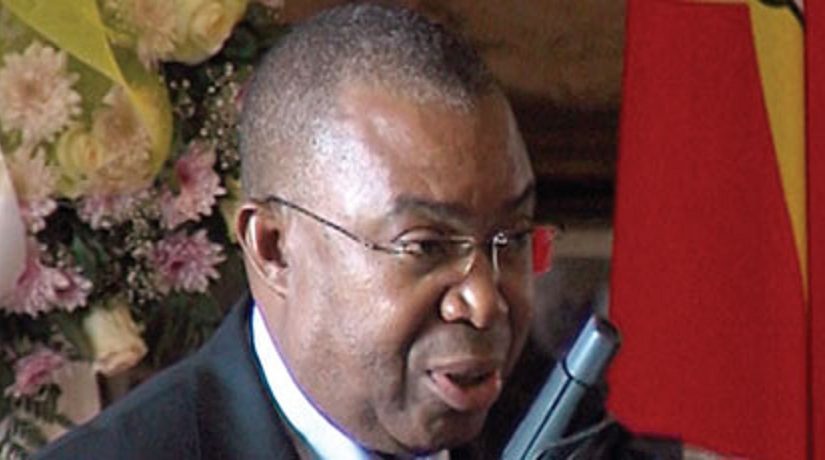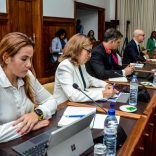Mozambique: Repairs on Cyclone hit Nampula-Cabo Delgado bridge advancing
Tete, Mozambique: Strong bet on infrastructure this year

File photo / Tete Governor Paulo Auade
The government of Tete province of intends to improve its social infrastructure building programme to boost the socio-economic development of communities this year.
The governor of the province, Paulo Auade, said recently that everything was being done to ensure and improve road access throughout the year through route rehabilitation, maintenance and localised improvements, with a view to facilitating the movement of people and goods and linking through to markets.
“You can now drive from the city of Tete to the various points of the districts of Zumbu and Mutarara, areas where circulation was previously an Achilles heel, especially during the rainy season,” Auade said.
He said that the constraints already identified by the provincial government were being transformed into challenges and were among the priorities in the executive’s annual plan for this year.
Also underway are actions aimed at increasing access to quality drinking water and sanitation, especially in the rural regions, where the construction, rehabilitation and expansion of water the supply was planned.
Over the past year, efforts to reduce the deficit of drinking water supply in rural areas, where the crisis is greatest, included 179 new waterholes built and operating and 270 other water supply units rehabilitated.
Currently the water coverage rate in the province, according to the governor, is 47.04 percent of a total population of about 1.8 million.
The programme of expansion and improvement of basic health services will continue with the construction of more health units, the allocation of more technical personnel and the provision of medicines and medical assistance to communities.
“We want medical staff and services closer to communities, especially in rural areas, where the difficulties are greatest,” Auade said.
He pointed out that during the past year, as part of improving the provision of health services to communities, 87 professionals were hired and allocated to different areas of the national health system throughout the province’s 132-unit health network.
“This year we will finish the Type A urban health centre in the Chingodzi neighbourhood, in the city of Tete, and the rural Type 1 in the district headquarters of Marara village, plus a radiology block in Zumbu Rural Hospital,” Auade announced.
By Bernardo Carlos












Leave a Reply
Be the First to Comment!
You must be logged in to post a comment.
You must be logged in to post a comment.